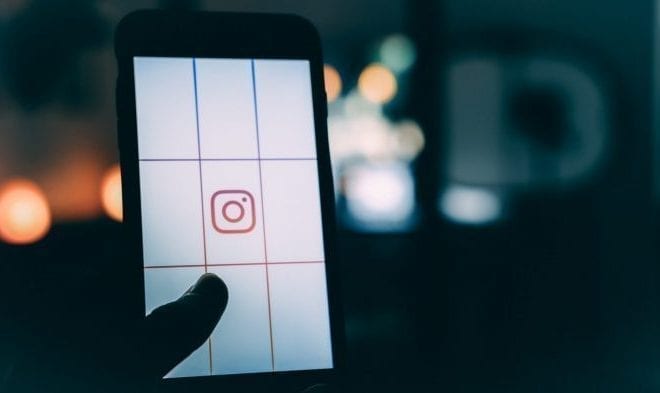
News
Meet Lil Miquela: A Computer-Generated Instagram Influencer
Influencers seem to have permeated every facet of social media, with all kinds of brands using them to push product. The idea of an influencer is a relatively new concept, but already, the position is beginning to evolve in quite a strange way.
Virtual influencers, computer-generated images that are completely digital, are beginning to amass enormous social followings and are quickly becoming the next major trend in social media. Take for example Lil Miquela, a computer-generated influencer that currently has a little more than 1.5 million followers. Portraying a 19-year model, Lil Miquela’s profile shows her participating in fashion shows, attending music festivals, and even taking photos with real-life artists and celebrities.
Not only has she built a sizeable social media presence, Lil Miquela was named one of the 25 most influential people on the Internet. In addition to her Instagram, the digital model sells merch from her clothing brand, Club 404.
Now, these virtual influencers are pulling in real money from outside investors that see them as being powerful PR platforms for brands. Some studies point to the influence marketing space growing to become a $2 billion industry by 2020, and computer-generated influencers could make up a big piece of this market.
The company behind Lil Miquela is A.I. company Brud, and so far, has remained under a shroud of anonymity. This has raised concerns among many regarding the transparency of brands using computer-generated influencers to get consumers to purchase products promoted by what they believe to be a real human.
This strange new world of digital influencers is just another example of the way technology is permeating into every aspect of our lives. Social media has become one of the most used methods of communicating with people, albeit somewhat artificial. With the rise of computer-generated influencers, it seems to add yet another synthetic layer over the way we interact with each other. Nevertheless, these artificial social media avatars may be the first entrants into an increasingly digital world that meshes the real and the virtual.


0 comments